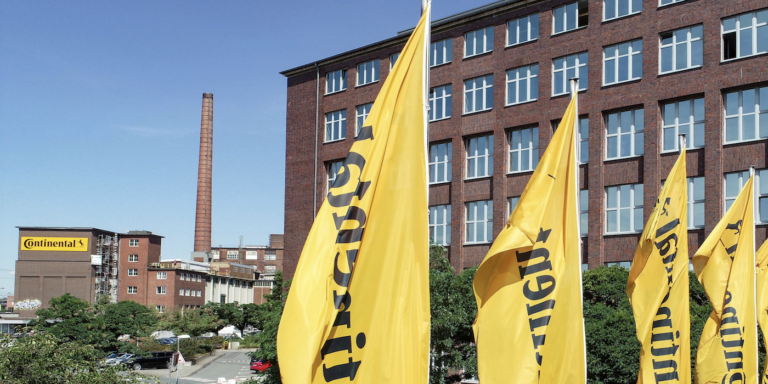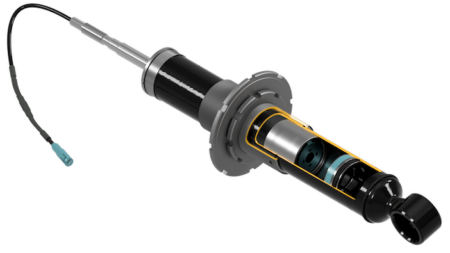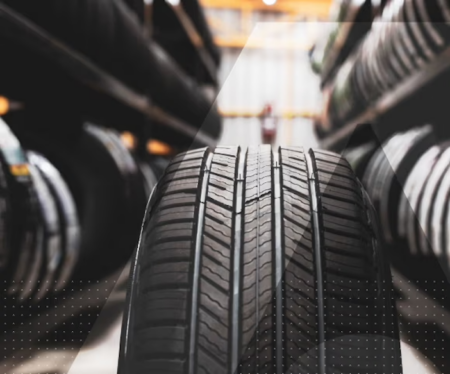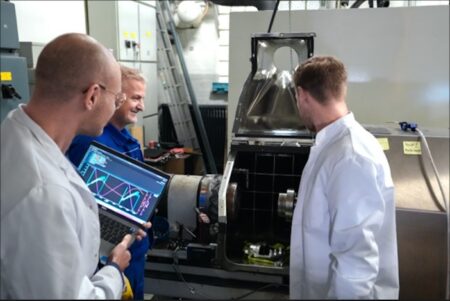Continental has reached an agreement with Cooper Standard to purchase its anti-vibration systems business. This acquisition expands Continental’s global offer of anti-vibration and noise reduction technology, particularly in North America (Cooper Standard is based in Novi, Michigan), though the agreement also includes a binding offer from Continental to purchase substantially all of Cooper Standard’s anti-vibration business in France and its respective interest in a joint venture in India.
Completion of the acquisition is subject to the approval of the respective antitrust authorities, and of securing a formal signature for the French business once works council consultations have taken place.
“This acquisition is enhancing our vibration control business and our ability to serve the automotive industry on a global basis. Weight reduction will drive future mobility, because less weight results in less fuel consumption and in fewer CO2 emissions. This increases vehicle efficiency and helps to extend the range of electric and hybrid vehicles,” said Hans-Jürgen Duensing, member of the Continental executive board responsible for the ContiTech division. Additionally, less noise and less vibration increase driving comfort, which, in turn, enhances driving comfort and safety.
Cooper Standard’s anti-vibration operations in North America operate five manufacturing facilities, including R&D capabilities in Canada, France, India and the USA, and employ approximately 1,000 people. The Cooper Standard operations are planned to be integrated within Continental’s vibration control business unit, a part of Continental’s ContiTech division, which employs more than 2,600 people and operates production sites as well as development and application engineering centers at 11 locations in Brazil, China, France, Germany, Mexico, Slovakia and the USA.
“Cooper Standard enjoys excellent expertise in material and product design know-how, predictive component analysis, system integration and vehicle testing. We complement each other in product space and customer base, and the combined business will drive innovations in lightweight and other anti-vibration products,” added Kai Frühauf, head of Continental’s vibration control business unit.
“Together we can take advantage of future technological opportunities for passenger cars and light trucks. At the same time, we add additional in-house mixing capacities in the US, with full material development capabilities,” Frühauf added.





